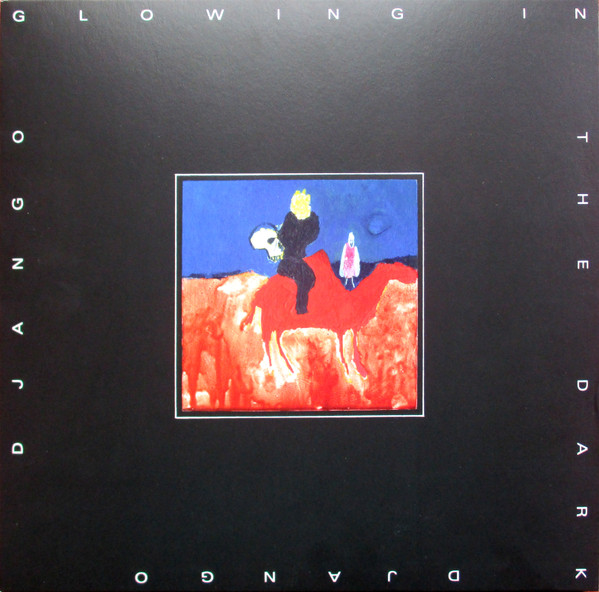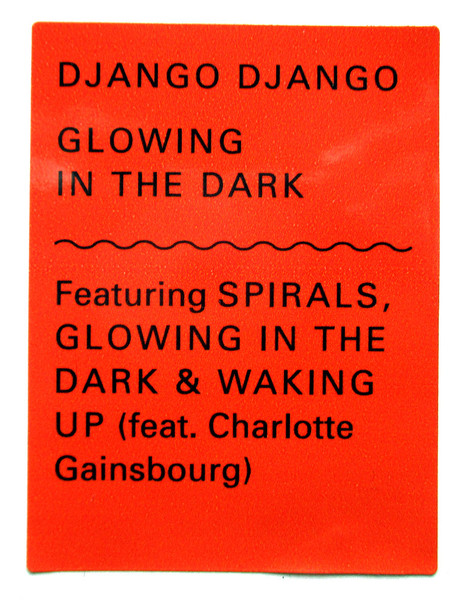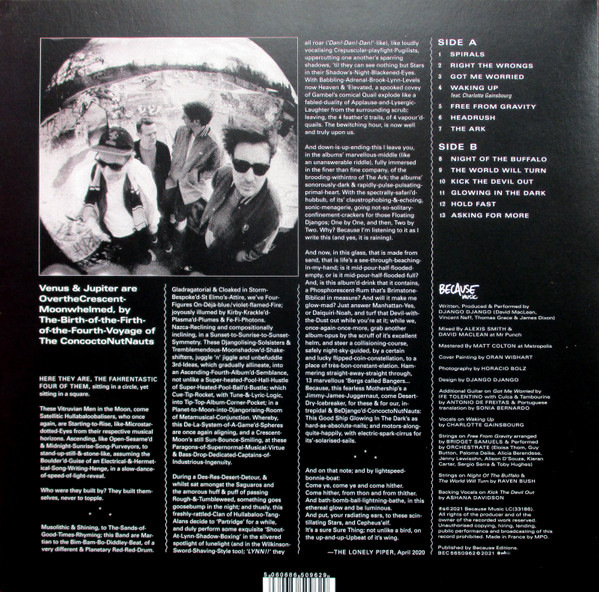Descripción
Artist: Django Django
Title: Glowing In The Dark
Label: Because Music – BEC5650962, Because Music – BEC5676753
Format: Vinyl, LP, Album, Glow In The Dark
Country: Europe
Published: 2021
Style: Indie Rock
Media: Mint
Cover: Mint / Sealed
This is a new, unopened album in its original packaging.



